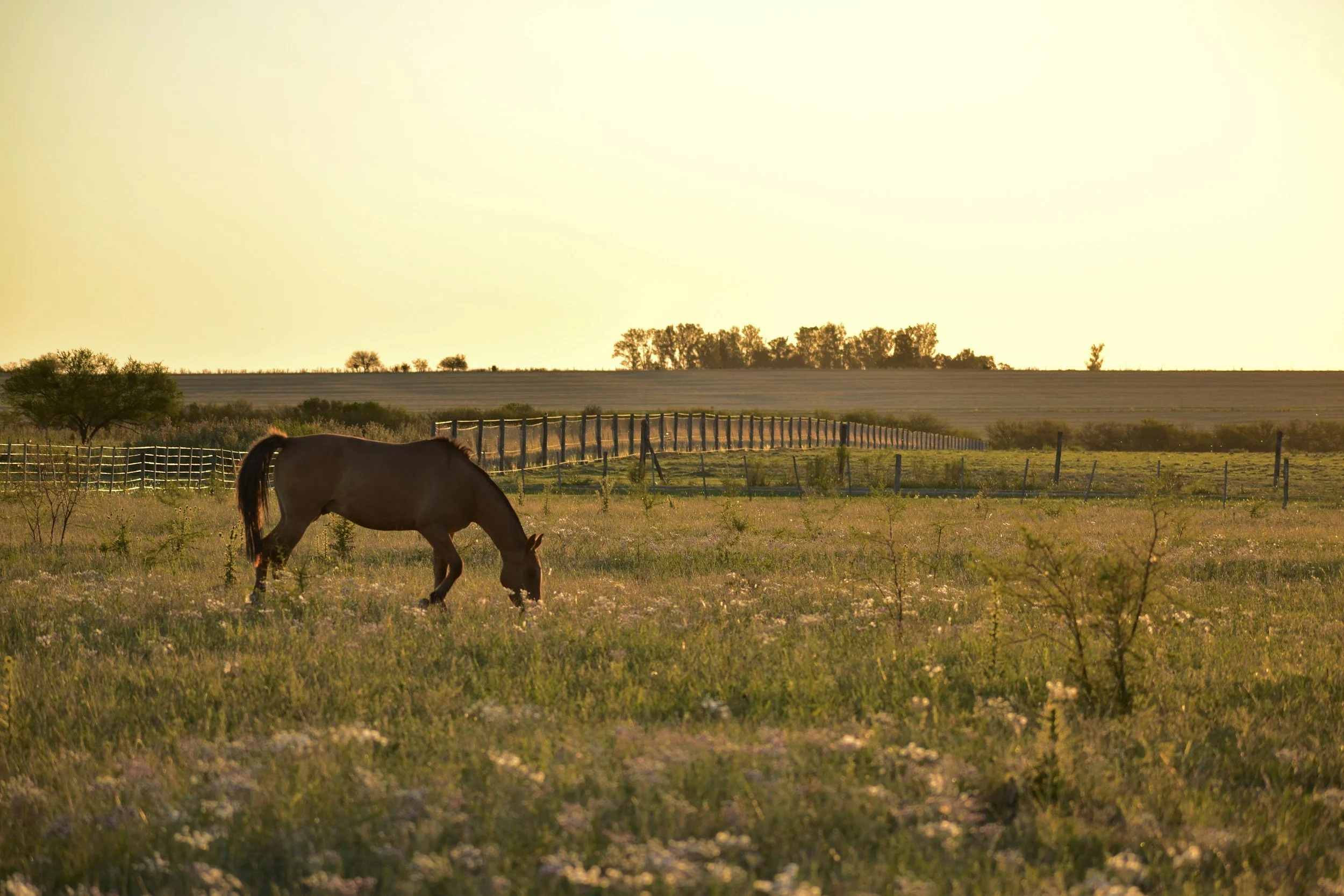Blog By: Jose Herrera
In this blog, 3L Staffer Jose Herrera examines the extensive consequences of the booming avocado industry in Michoacán, Mexico. Herrera highlights environmental and social concerns that result from deforestation and corruption and advocates for regulatory reforms to address environmental degradation and safeguard community well-being.
The Future of Cruise Ships and Environmental Regulations
Blog By: Sydney LaRue
The cruise ship industry has a history of harming the environment but has recently implemented energy-efficient technology to limit the amount of greenhouse gases and other waste produced by cruise liners. In this blog, 3L Staffer Sydney LaRue argues that these actions are not enough and that increased regulations on cruise ships are the answer to decreasing the harm cruise liners have on the environment.
Promoting Agricultural Innovation: A Research Exemption from Patent Infringement
Blog By: Nathaniel Richey
In this blog, 3L Staffer Nathaniel Richey discusses how the patent system has the potential to hinder innovation in the agricultural industry. Richey argues in favor of a statutory research exemption from infringement of plant utility patents, drawing parallels with the statutory research exemption applicable to pharmaceuticals and medical devices under the Hatch-Waxman Act.
Serving Drama for Dinner: The Controversy of the Proposed EATS Act
Blog By: Shelton Owen
In her blog, 3L Staffer Shelton Owen explores the competing views regarding the proposed EATS Act. Animal rights activists support Prop-12, granting states control over which producers can sell within their borders, while states' rights advocates aim to protect farmers by prohibiting state regulations from hindering trade. Owen argues that while Prop-12's intentions are good, many farmers struggle to keep up. She argues that the EATS Act is essential for meeting consumer demands and sustaining farming operations.
Planning for the Future: How Kentucky Legislatures are Balancing Government Regulation of Solar and the Rights of Landowners
Blog By: Julia Giordano
In this blog, 3L Staffer Julia Giordano discusses Kentucky's transition to renewable energy sources like solar, highlighting the legislative efforts to regulate the decommissioning of solar panels and address concerns regarding land use, local input, and protection of landowners' rights.
Reeling in Chevron: Supreme Court Faced with Fishing Industry's Regulatory Challenge
Blog By: Kaitlyn Willis
In her blog, 3L Staffer Kaitlyn Willis discusses the Supreme Court's recent oral arguments, where herring fishermen contested a 2020 rule mandating costly onboard observers. The cases will hinge on the Chevron doctrine, and Willis argues in favor of retaining Chevron because ensures a clear legal framework, protects agency expertise, and maintains accountability to elected officials, crucial for effective governance in complex regulatory matters.
Color at a Cost: Why the United States Should Ban Synthetic Food Dyes
Blog By: Julia Ray
In her blog, 3L Staffer Julia Ray discusses the use of synthetic food dyes in the United States and the negative impact these dyes have on human health and the environment. The United States Food and Drug Administration (FDA) acknowledges the possibility of negative health effects on individuals but places the burden on the consumer to avoid dyes if they choose. Ray argues that the negative effects of synthetic dyes—along with the fact that they add no nutritional value to food—results in the need for banning their use.
All the King’s Horses…Filed a Lawsuit?: A Call for Statutory Standing to be Extended to Animals
Blog By: Sarah Turri
In this blog, 2L Staffer Sarah Turri explores the history of animal welfare protection in the United States, specifically with respect to animal standing in court. She argues for statutory standing to extend to animals, thus providing an avenue for animals to fully vindicate their rights.
The Solution or the Problem: Decarbonization in the Healthcare Industry
Blog By: Sallie Sutton
In this blog, 2L Staffer Sallie Sutton argues that the healthcare industry, specifically within the United States, is rapidly increasing and leading to record-high annual deaths. Sutton suggests that the United States turn to other countries with implemented efforts to decrease greenhouse gases, thus saving lives.














